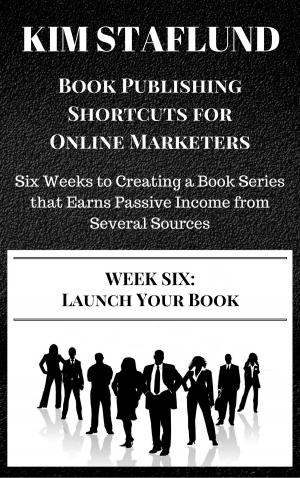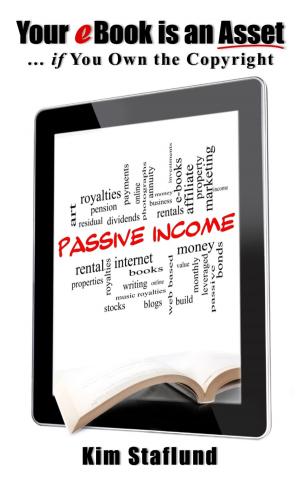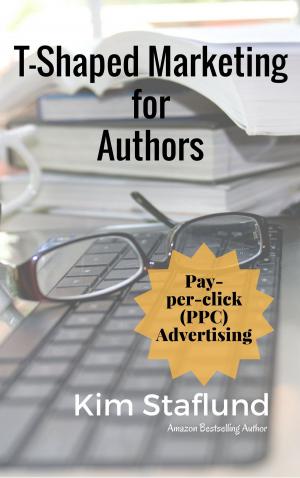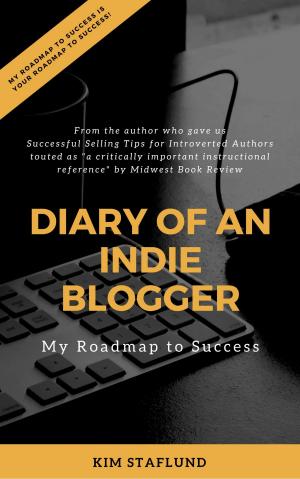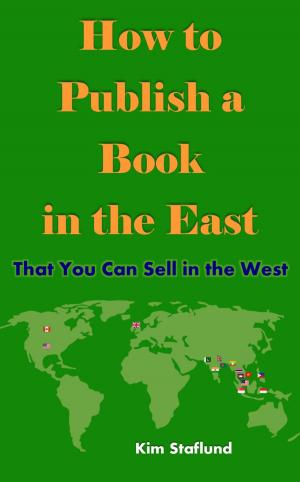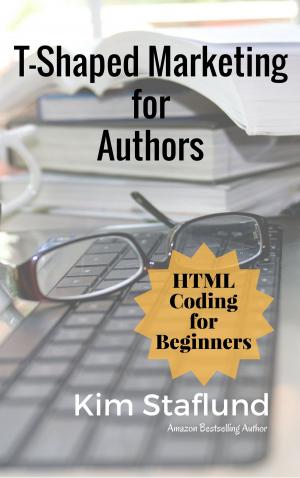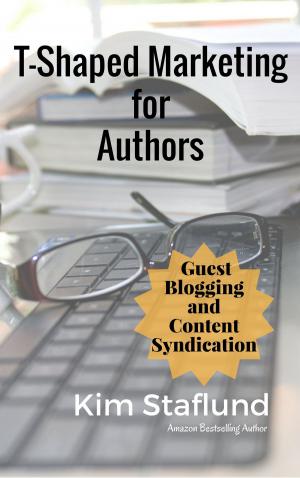An Independent Author’s Checklist
What You Need to Have Ready for Ghostwriters, Editors, and Graphic Designers
Business & Finance, Business Reference, Business Writing, Nonfiction, Reference & Language, Language Arts, Writing & Publishing, Authorship, Reference, Guides & Handbooks| Author: | Kim Staflund | ISBN: | 1230001828207 |
| Publisher: | Polished Publishing Group (PPG) | Publication: | August 30, 2017 |
| Imprint: | Kim Staflund | Language: | English |
| Author: | Kim Staflund |
| ISBN: | 1230001828207 |
| Publisher: | Polished Publishing Group (PPG) |
| Publication: | August 30, 2017 |
| Imprint: | Kim Staflund |
| Language: | English |
As an independent author (a.k.a. “indie author”), you are the project manager of your own book’s production from start to finish, from conception straight through to publication. This may include hiring a freelance ghostwriter (if you choose not to write your book yourself), an experienced editor, and even a professional graphic designer for best results. It all depends on the type of book an indie author wishes to produce.
For example, there are different components involved with designing a paperback book than an ebook of any kind; and there are even more components to consider if that indie author wishes to publish and print a hardcover book. An Independent Author’s Checklist includes an important list of questions indie authors will want to answer for a graphic designer, ahead of time, to ensure the book is completed properly and professionally the first time around. This type of preparation can save time and money for both project stakeholders because it can prevent complete do-overs in cases where the designer was unclear about the indie author’s original vision.
Communication is so important throughout this process—not only with your graphic designer. An indie author will also want to have certain things prepared ahead of time, in certain ways, for both the ghostwriter (if applicable) and the editor. As such, it’s often helpful to have a checklist at your disposal that makes this entire process run as smoothly as possible—particularly for the indie authors who are new to the whole publishing business. That’s why I created An Independent Author’s Checklist and decided to publish it online for indie authors everywhere. I want you all to have as much helpful information as possible at your fingertips, so you all have a positive publishing experience coupled with the best possible chances of success. That is my wish for you.
An Independent Author’s Checklist includes helpful information for indie authors regarding effectively communicating your book’s vision to a ghostwriter. Although some indie authors are both qualified and have the time to write their own books, you might choose to hire someone else to help you create that compelling narrative. Both are acceptable ways to produce a book. That said, when hiring a ghostwriter to help pen your book, it is important for indie authors to remember that ghostwriting is an ongoing, collaborative process (much like the entire publishing process). To make things run smoother, you should be prepared ahead of time.
An Independent Author’s Checklist also includes important guidance for indie authors regarding how to submit one’s manuscript to an editor so that it contains all the information you want edited. For example, some indie authors will only have the main body of their book interiors professionally edited. In that case, often any front matter, back matter, and back cover copy that is added after the fact is riddled with all kinds of spelling errors and typos, diminishing the professional quality of the book. But for indie authors like you who follow the guidelines in this checklist, you’ll avoid these issues and end up with the best possible result.
As an independent author (a.k.a. “indie author”), you are the project manager of your own book’s production from start to finish, from conception straight through to publication. This may include hiring a freelance ghostwriter (if you choose not to write your book yourself), an experienced editor, and even a professional graphic designer for best results. It all depends on the type of book an indie author wishes to produce.
For example, there are different components involved with designing a paperback book than an ebook of any kind; and there are even more components to consider if that indie author wishes to publish and print a hardcover book. An Independent Author’s Checklist includes an important list of questions indie authors will want to answer for a graphic designer, ahead of time, to ensure the book is completed properly and professionally the first time around. This type of preparation can save time and money for both project stakeholders because it can prevent complete do-overs in cases where the designer was unclear about the indie author’s original vision.
Communication is so important throughout this process—not only with your graphic designer. An indie author will also want to have certain things prepared ahead of time, in certain ways, for both the ghostwriter (if applicable) and the editor. As such, it’s often helpful to have a checklist at your disposal that makes this entire process run as smoothly as possible—particularly for the indie authors who are new to the whole publishing business. That’s why I created An Independent Author’s Checklist and decided to publish it online for indie authors everywhere. I want you all to have as much helpful information as possible at your fingertips, so you all have a positive publishing experience coupled with the best possible chances of success. That is my wish for you.
An Independent Author’s Checklist includes helpful information for indie authors regarding effectively communicating your book’s vision to a ghostwriter. Although some indie authors are both qualified and have the time to write their own books, you might choose to hire someone else to help you create that compelling narrative. Both are acceptable ways to produce a book. That said, when hiring a ghostwriter to help pen your book, it is important for indie authors to remember that ghostwriting is an ongoing, collaborative process (much like the entire publishing process). To make things run smoother, you should be prepared ahead of time.
An Independent Author’s Checklist also includes important guidance for indie authors regarding how to submit one’s manuscript to an editor so that it contains all the information you want edited. For example, some indie authors will only have the main body of their book interiors professionally edited. In that case, often any front matter, back matter, and back cover copy that is added after the fact is riddled with all kinds of spelling errors and typos, diminishing the professional quality of the book. But for indie authors like you who follow the guidelines in this checklist, you’ll avoid these issues and end up with the best possible result.

